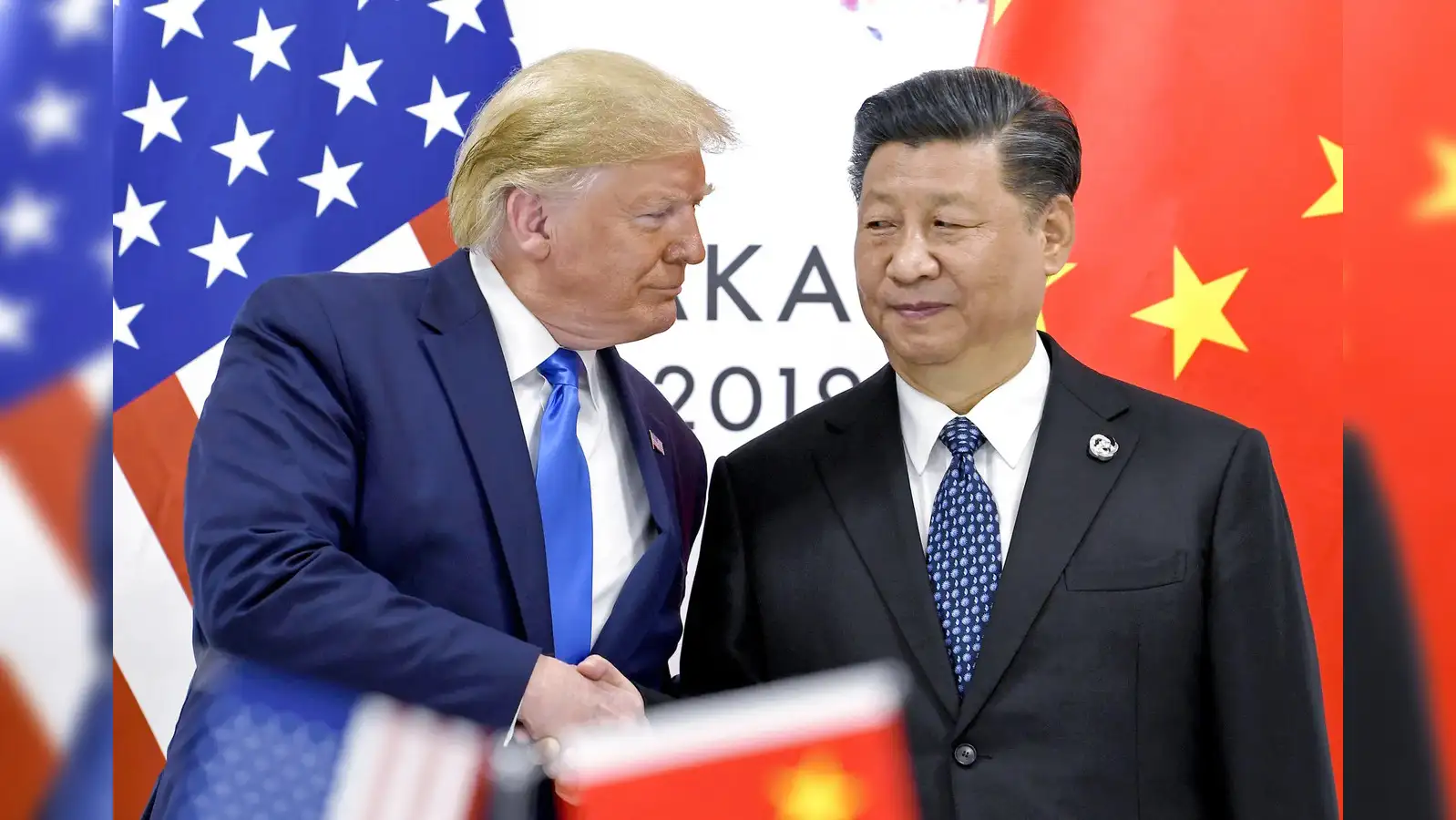Gold, Power, and Politics: How the US-China Rivalry Is Shaping the Future of Congo.
April 23, 2025businesspolitics#analysis#Trump#China#M23

The ongoing competition between the United States and China for influence in Africa is intensifying in the Democratic Republic of Congo (DRC), particularly over the rich natural resources of the country, including gold and other valuable minerals.
At the heart of this conflict is the DRC’s mining sector, a key area where China has long had a significant presence. Through large-scale investments such as the Sicomines joint venture, Chinese companies have been heavily involved in extracting copper and cobalt, two minerals crucial for global industries. Major Chinese firms like Sinohydro and China Railway Group have played a pivotal role in shaping the country’s mining landscape.
However, with President Donald Trump’s administration now seeking to assert its influence, the U.S. is making a concerted push to invest in the DRC’s mineral wealth, including gold. This move is part of a broader strategy to challenge China’s dominance in the region, especially as both nations continue their trade war. The U.S. hopes that its involvement in the mining sector will boost its political and economic ties with the DRC, a country that is rich in resources but plagued by ongoing conflict.
To further strengthen its position, the U.S. is looking beyond mining and also plans to invest in essential infrastructure projects in the DRC, including roads, railways, dams, and energy systems. These infrastructure developments are seen as vital for improving the country’s stability and economic growth, aligning with President Trump’s broader economic ambitions for Africa.
Earlier this year, in a significant move, DRC President Félix Tshisekedi formally invited the U.S. to invest in the country’s minerals in exchange for security support. Tshisekedi has expressed his hope that the U.S. will help strengthen his government’s fight against the M23 rebels, who are supported by neighboring Rwanda and continue to destabilize the region.
Massad Boulos, a senior advisor to President Trump on Africa, recently met with President Tshisekedi to discuss this proposal. While the details of the agreement remain under wraps, Boulos confirmed that both governments are working toward a deal that would foster greater U.S. investment in the DRC, especially in the mining sector.
This shift in the DRC’s foreign investment strategy comes at a time when the U.S. and China are locked in a prolonged economic standoff. The trade war between the two countries, fueled by tariffs on various sectors like technology, agriculture, and manufacturing, has led both nations to seek alternative partnerships. For the U.S., engaging with the DRC offers a chance to counterbalance China’s growing influence on the African continent, particularly in industries crucial for the future global economy.
As the situation evolves, the balance of power in the DRC’s mining sector may have far-reaching implications not only for the countries involved but also for the future of Africa’s development.


